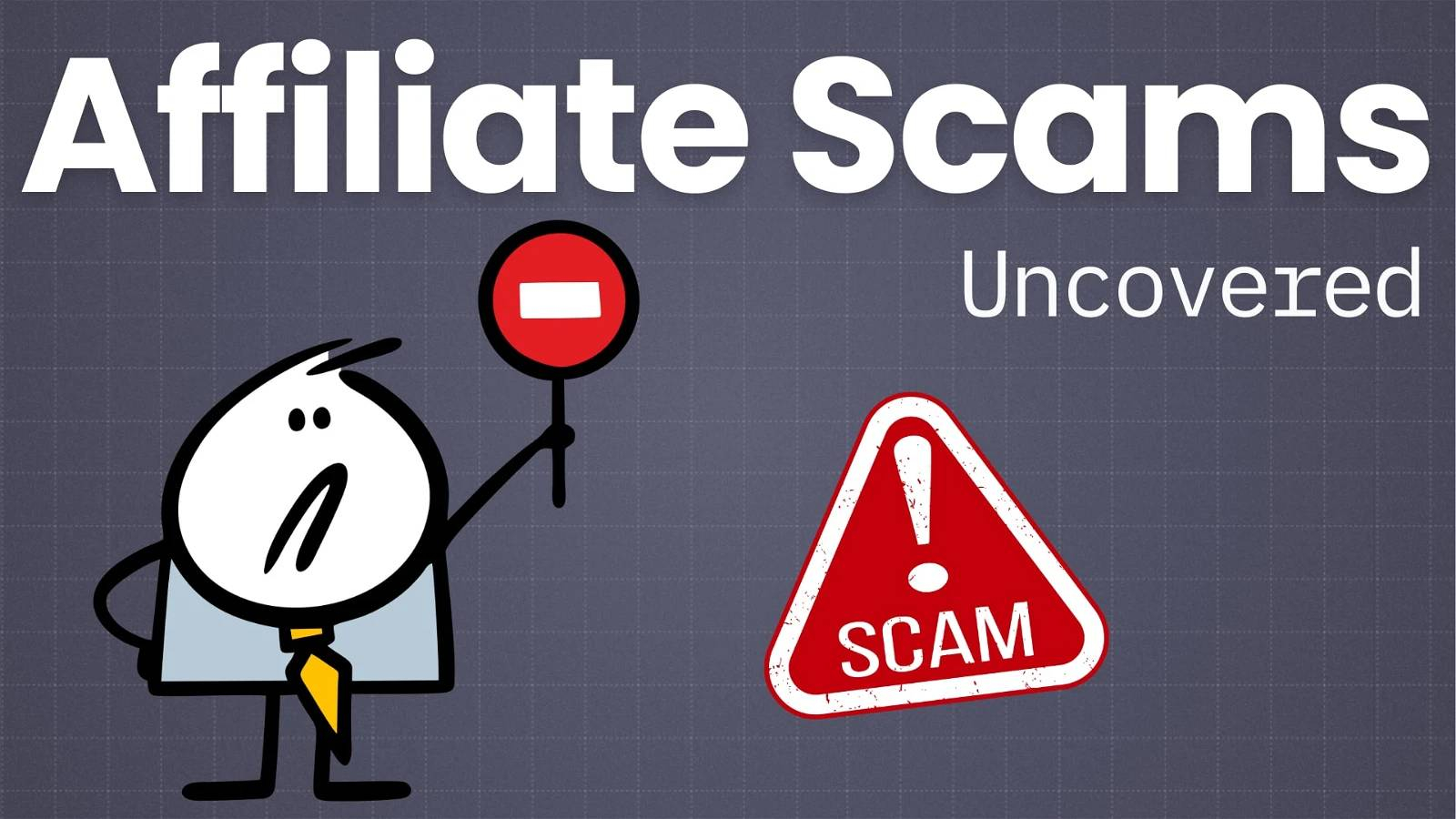The digital age has unlocked countless opportunities for earning an income online, but not all of them are created equal. One of the most debated methods is affiliate marketing—a model that has sparked curiosity, skepticism, and even accusations of being a scam. So, is affiliate marketing legit or scam? Let’s dive into the mechanics of this business and whether it truly delivers on its promises.
What Is Affiliate Marketing?
Affiliate marketing is a performance-based business model where individuals (affiliates) promote products or services and earn a commission for each sale generated through their unique link. This setup allows companies to expand their reach without massive advertising costs while giving affiliates a way to monetize their content.
The concept is simple, but success depends on more than just signing up and sharing links. Many people mistakenly believe that affiliate marketing is a get-rich-quick scheme, leading to unrealistic expectations. When approached strategically, however, it can be a sustainable and profitable business.
Is Affiliate Marketing Legit or a Scam?
Like any industry, affiliate marketing has both legitimate players and shady operators. Here’s what separates the two:
- Legit Affiliate Marketing: Ethical marketers partner with well-known companies, disclose their relationships, and offer genuine value to their audience. Programs like Amazon Associates, ShareASale, and CJ Affiliate provide real earning potential without deception.
- Scams & Red Flags: Some so-called affiliate programs operate like pyramid schemes, requiring upfront payments or recruitment-based earnings rather than commissions from actual sales. If a program emphasizes recruitment over selling quality products, steer clear.
How to Actually Make Money with Affiliate Marketing
If you want to make money online through affiliate marketing, avoid the hype and focus on these proven steps:
1. Choose a Profitable Niche
Success starts with selecting the right niche. Look for industries that have:
- High demand and consistent search interest
- Products with solid commission structures
- A target audience that is willing to spend
Some lucrative niches include finance, health and wellness, technology, and digital products.
2. Build a Content-Driven Platform
Affiliate marketing thrives on trust. Whether you prefer blogging, YouTube, or social media, create valuable content that naturally integrates affiliate products. Instead of bombarding readers with links, craft insightful reviews, tutorials, or comparisons that help solve problems.
3. Join Reputable Affiliate Programs
Signing up for well-established affiliate networks ensures you get paid fairly and on time. Some top platforms include:
- Amazon Associates – Great for physical products
- ClickBank – Ideal for digital products
- Rakuten Marketing – A mix of physical and digital products
4. Master the Art of SEO and Traffic Generation
Even the best content won’t make money if no one sees it. Learn search engine optimization (SEO), leverage social media, and explore email marketing to attract a steady stream of visitors. More traffic means more clicks, and ultimately, more commissions.
5. Optimize and Scale
Affiliate marketing isn’t about one viral post—it’s about consistency. Analyze what works, tweak underperforming content, and experiment with different strategies. Scaling up could mean expanding to multiple platforms or increasing your content production.
Final Verdict: Is Affiliate Marketing Legit or Scam?
When done correctly, affiliate marketing is 100% legitimate. It rewards effort, strategy, and patience, much like any other business. However, scams do exist, so always research before diving in. Avoid programs that sound too good to be true, and focus on building a trustworthy brand.
Affiliate marketing won’t make you rich overnight, but with persistence, smart decision-making, and ethical practices, it can generate substantial income. If you're willing to put in the work, the potential is limitless.

